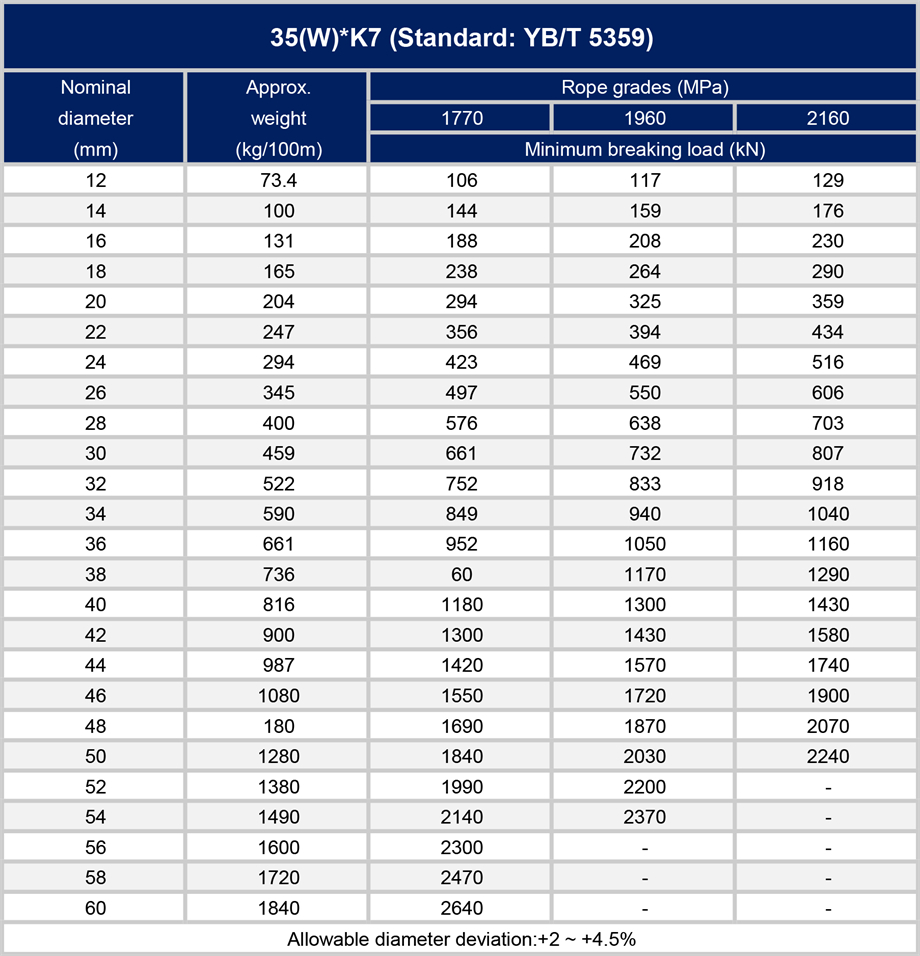Table of Contents
Materials Used in Music Wire Production
Music wire, also known as Piano wire, is a type of high-Carbon Steel wire that is commonly used in a variety of applications, including Musical Instruments, Springs, and concrete post wire support. This versatile material is known for its strength, durability, and ability to hold tension, making it an ideal choice for projects that require a reliable and long-lasting wire.
The primary material used in the production of music wire is high-carbon steel. This type of steel contains a higher percentage of carbon than other types of steel, which gives it increased strength and hardness. The high-carbon content also allows the wire to be drawn to a very fine diameter, making it suitable for use in applications where a thin, strong wire is needed.
In addition to carbon, music wire may also contain small amounts of other elements, such as manganese, silicon, and sulfur. These elements can help to improve the wire’s properties, such as its tensile strength, ductility, and resistance to corrosion. By carefully controlling the composition of the steel, manufacturers can produce music wire that meets the specific requirements of their customers.
The production process for music wire begins with the melting of raw materials, such as Iron ore and scrap steel, in a furnace. The molten steel is then poured into a casting machine, where it is formed into Billets or slabs. These billets are then reheated and passed through a series of rollers to reduce their thickness and shape them into long, thin rods.
Once the rods have been formed, they are drawn through a series of dies to further reduce their diameter and improve their surface finish. This process, known as wire drawing, involves pulling the wire through progressively smaller holes in a series of dies, which stretches and elongates the wire while also improving its strength and uniformity.
After the wire has been drawn to the desired diameter, it is heat-treated to improve its mechanical properties. This process involves heating the wire to a specific temperature and then cooling it rapidly to achieve the desired hardness and strength. The wire may also be coated with a thin layer of Zinc or other material to improve its resistance to corrosion.
In addition to its use in musical instruments, music wire is also commonly used in concrete post wire support applications. In this context, the wire is used to provide additional support and stability to concrete posts, such as those used in fencing, construction, and Agriculture. The high tensile strength of music wire makes it well-suited for this purpose, as it can withstand the heavy loads and pressures that may be placed on the posts.
In conclusion, music wire is a versatile and durable material that is made from high-carbon steel. Its strength, hardness, and ability to hold tension make it an ideal choice for a wide range of applications, including musical instruments and concrete post wire support. By carefully controlling the composition of the steel and using advanced manufacturing techniques, manufacturers can produce music wire that meets the specific requirements of their customers.
Benefits of Using Concrete Post Wire Support
Music wire, also known as piano wire, is a type of high-carbon steel wire that is commonly used in a variety of applications, including musical instruments, springs, and even concrete post wire support. This versatile material is known for its strength, durability, and flexibility, making it an ideal choice for supporting concrete posts in a wide range of construction projects.
One of the key benefits of using music wire for concrete post wire support is its high tensile strength. This means that the wire is able to withstand a significant amount of tension without breaking or deforming, making it an excellent choice for supporting heavy concrete posts. In addition, music wire is also highly resistant to corrosion, which helps to ensure that the wire will remain strong and stable over time, even in harsh environmental conditions.
Another advantage of using music wire for concrete post wire support is its flexibility. This allows the wire to be easily bent and shaped to fit the specific needs of a project, making it a versatile and adaptable material for a wide range of applications. Whether you are working on a small residential project or a large commercial construction site, music wire can be easily customized to meet your specific requirements.
In addition to its strength and flexibility, music wire is also known for its durability. This means that once the wire is installed to support concrete posts, it will provide long-lasting stability and support, helping to ensure the structural integrity of the entire project. This can help to reduce the need for costly repairs and maintenance Down the line, saving both time and money in the long run.
Furthermore, music wire is a cost-effective option for concrete post wire support. Compared to other materials, such as Stainless Steel or Aluminum, music wire is relatively inexpensive, making it an affordable choice for construction projects of all sizes. This can help to keep overall project costs down, without sacrificing quality or performance.
Overall, the benefits of using music wire for concrete post wire support are clear. Its high tensile strength, flexibility, durability, and cost-effectiveness make it an excellent choice for a wide range of construction projects. Whether you are building a fence, a retaining wall, or a deck, music wire can provide the stability and support you need to ensure the success of your project.
In conclusion, music wire is a versatile and reliable material that is well-suited for supporting concrete posts in construction projects. Its strength, flexibility, durability, and cost-effectiveness make it an ideal choice for a wide range of applications. By choosing music wire for your concrete post wire support needs, you can ensure the stability and longevity of your project, while also saving time and money in the process.


